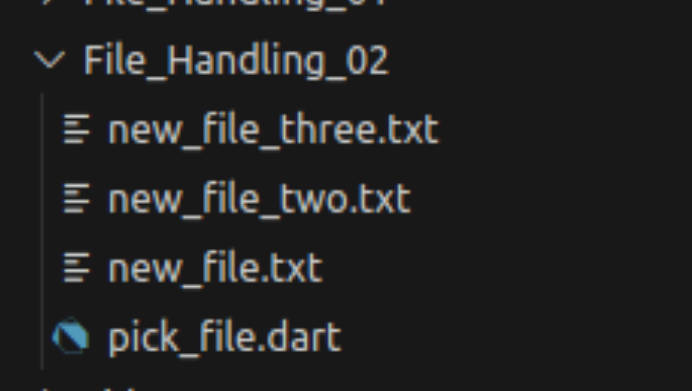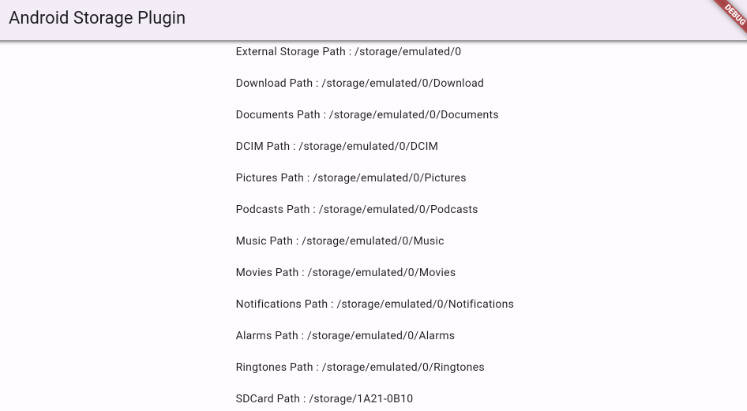Native MySQL client written in Dart for Dart
See example directory for examples and usage
Roadmap
- Auth with mysql_native_password
- Basic connection
- Connection pool
- Query placeholders
- Transactions
- Prepared statements (real, not emulated)
- SSL connection
- Auth using caching_sha2_password (default since MySQL 8)
- Send data in binary form when using prepared stmts (do not convert all into strings)
- Multiple resul sets
Usage
Create connection pool
final pool = MySQLConnectionPool(
host: '127.0.0.1',
port: 3306,
userName: 'your_user',
password: 'your_password',
maxConnections: 10,
databaseName: 'your_database_name', // optional,
);
Query database
var result = await pool.execute("SELECT * FROM book WHERE id = :id", {"id": 1});
Print result
for (final row in result.rows) {
print(row.assoc());
}
Prepared statements
This library supports real prepared statements (using binary protocol).
Prepare statement
var stmt = await conn.prepare(
"INSERT INTO book (author_id, title, price, created_at) VALUES (?, ?, ?, ?)",
);
Execute with params
await stmt.execute([null, 'Some book 1', 120, '2022-01-01']);
await stmt.execute([null, 'Some book 2', 10, '2022-01-01']);
Deallocate prepared statement
await stmt.deallocate();
Transactions
To execute queries in transaction, you can use transactional() method on connection or pool object
Example:
await pool.transactional((conn) async {
await conn.execute("UPDATE book SET price = :price", {"price": 300});
await conn.execute("UPDATE book_author SET name = :name", {"name": "John Doe"});
});
In case of exception, transaction will roll back automatically.
Tests
To run tests execute
dart test



